GERD (Gastroesophageal reflux disease) is a common condition in which the stomach acid repeatedly flows back into the oesophagus (the tube connecting your mouth and stomach). It is widely known as acid reflux or heartburn. In this article, we are going to bring you the list of the ten best foods for GERD (Gastroesophageal reflux disease) or acid reflux, or heartburn.
It becomes a disease when it causes frequent or severe symptoms or injury. If you don’t take care of it, it is sure to damage your oesophagus, pharynx, or respiratory tract.
The main reason for GERD is that the lower oesophagal sphincter (LES) is weakened or damaged. Generally, the LES will be closed to prevent food in the stomach from moving into the oesophagus.
Experiencing acid reflux (heartburn) once in a while isn’t unusual, but there are people who experience burning discomfort, bloating, and belching every time when they eat.
However, there are certain foods that can prevent its occurrence or ease the symptoms of GERD.
Of course! There are countless commercials to pop a pill to relieve acid reflux. And, most experts now recommend following a healthy, GERD-FRIENDLY DIET rather than pills.
1. Oatmeal
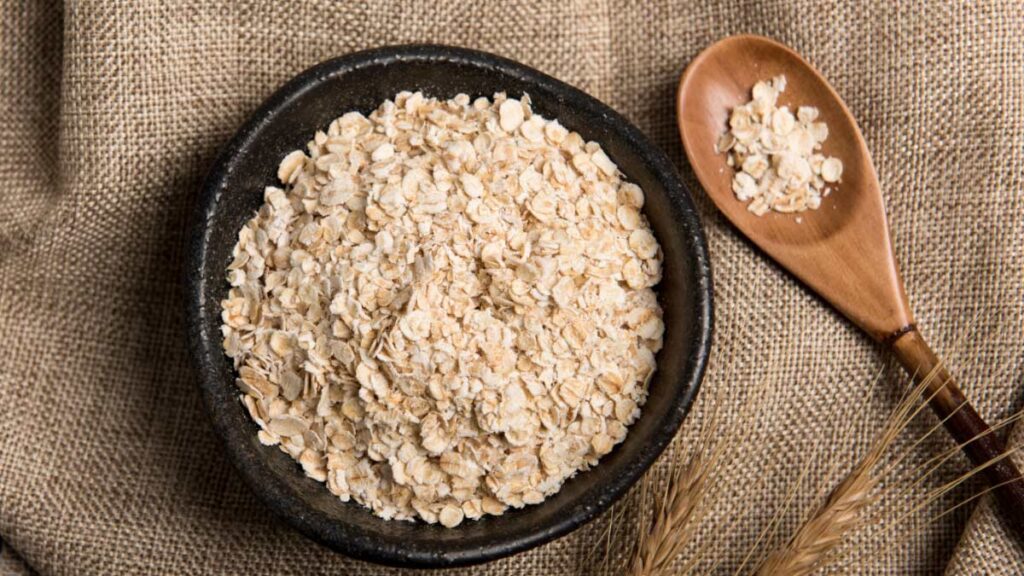
Oatmeal has been a whole-grain breakfast favourite for generations. It is a good source of fibre, so it keeps you feeling full and promotes regularity. Oats also absorb stomach acid and reduce symptoms of gastroesophageal reflux disease (GERD).
2. Sweet Potatoes
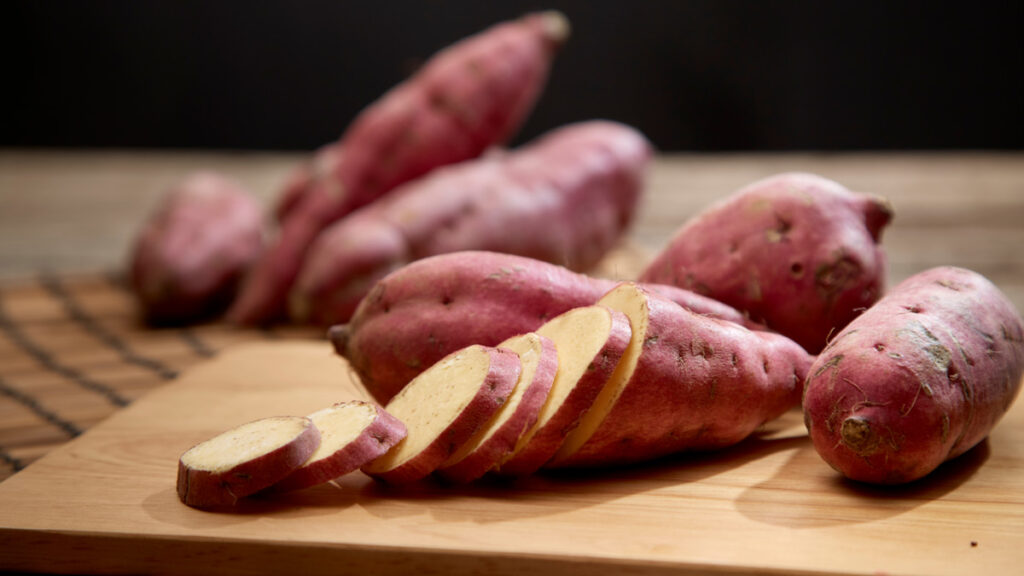
Sweet potatoes are a good choice for those who are suffering from the symptoms of GER. Sweet potatoes are part of an alkaline diet, which facilitates keeping up the pH balance.
Moreover, they are rich in digestible fibre, which is capable of managing the stomach acid that can cause GERD and heartburn.
3. Beets
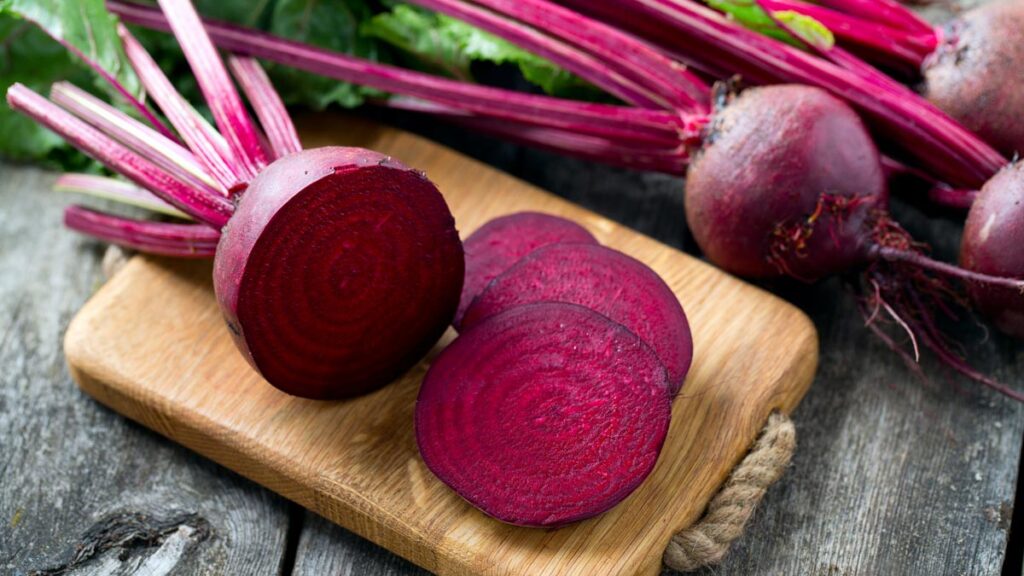
Beets are fibrous foods that will fill you up and prevent you from overeating, which often causes heartburn.
Their pH range comes between 5.3 and 6.6. Therefore, if you were to juice beets, they would still be acidic. It is rather close to the neutral rating because its pH rating is between 5.3 and 6.6.
To be clear, while beet juice is acidic, it’s much less harmful to your stomach than eating lemons or limes
4. Banana
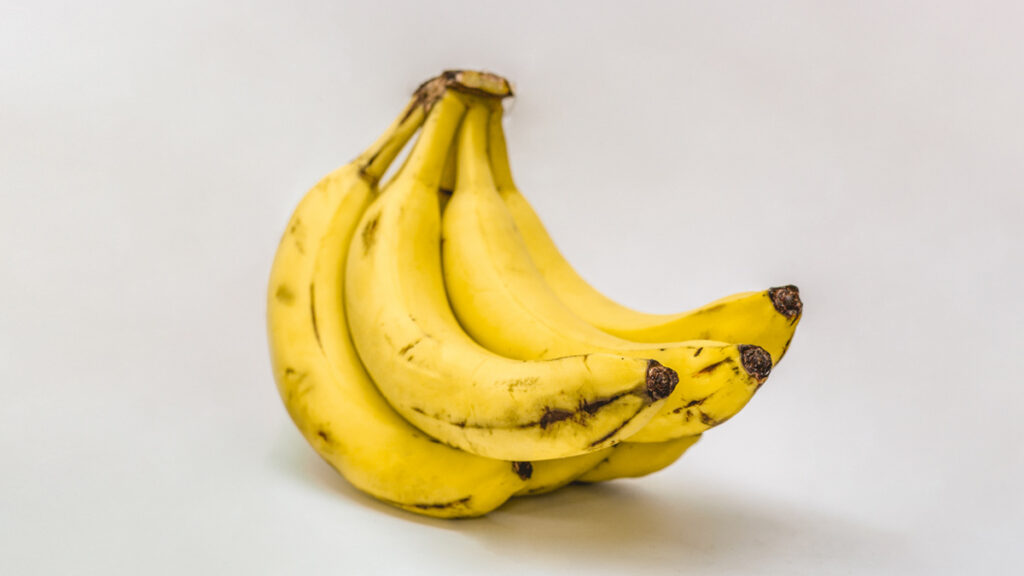
Banana is a low-acid fruit, which can help neutralize stomach acid by coating an irritated oesophagal lining. And not only are bananas alkaline, but they’re also rich in pectin, a soluble fibre that helps keep food flowing nicely through the digestive tract. This can help you feel full longer, so you’re less likely to overeat.
5. Cauliflower
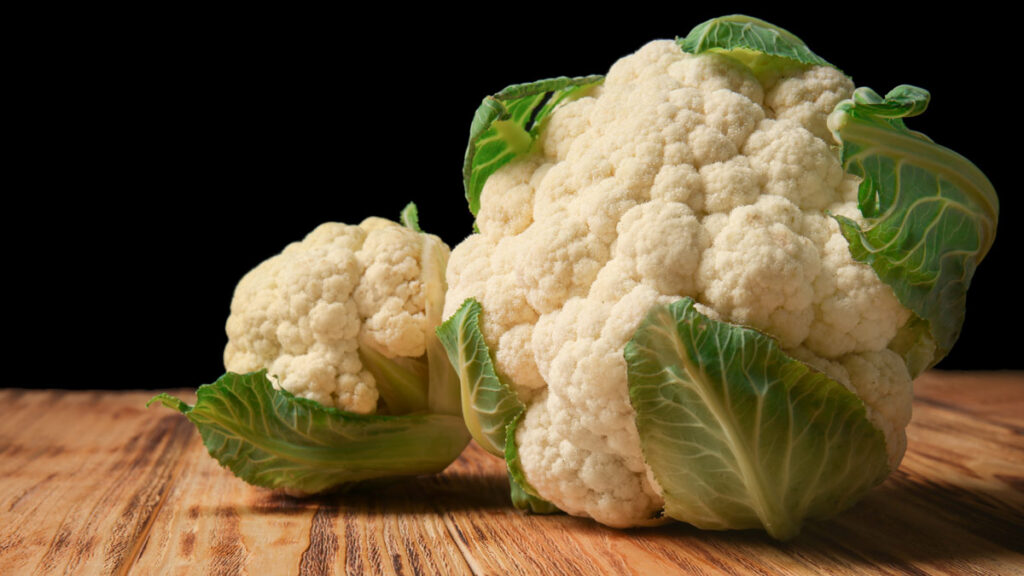
Cruciferous vegetables like cauliflower and broccoli are known to balance alkaline pH in the system. They contain immense amounts of vitamins A, C, k, and folate and phytochemicals plant compounds that are valuable in lowering inflammation and averting cancer risk.
In a nutshell, cauliflower is a better choice for easing the symptoms of GERD as it can help reduce stomach acid.
6. Cucumber
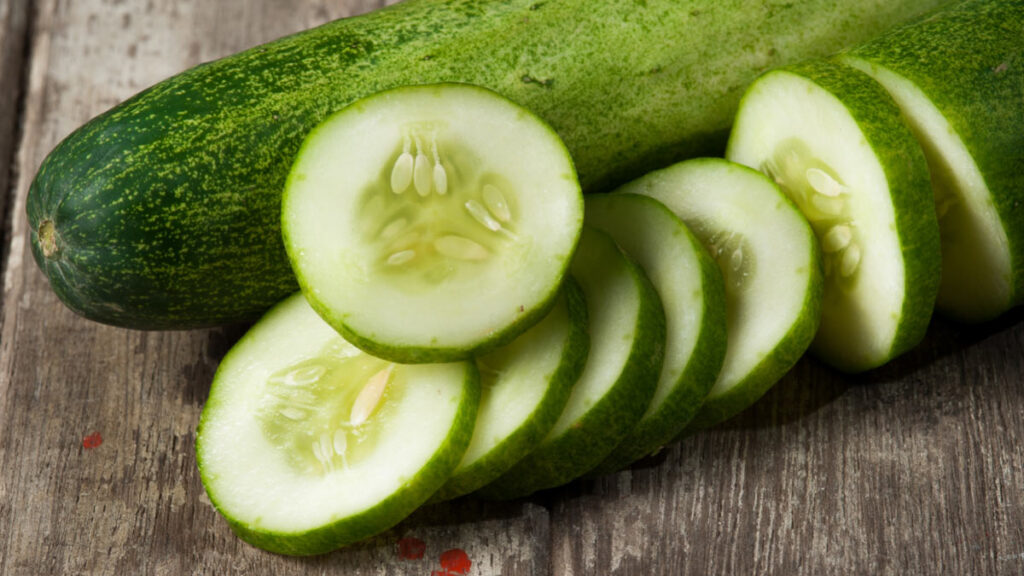
Cucumbers are an amazingly alkalizing food, which makes them the Best Foods For GERD, especially for those who have acidic bodies or GERD due to wrong eating habits. Eating cucumber is a good choice if you wish to be healthy
7. Fennel Tea
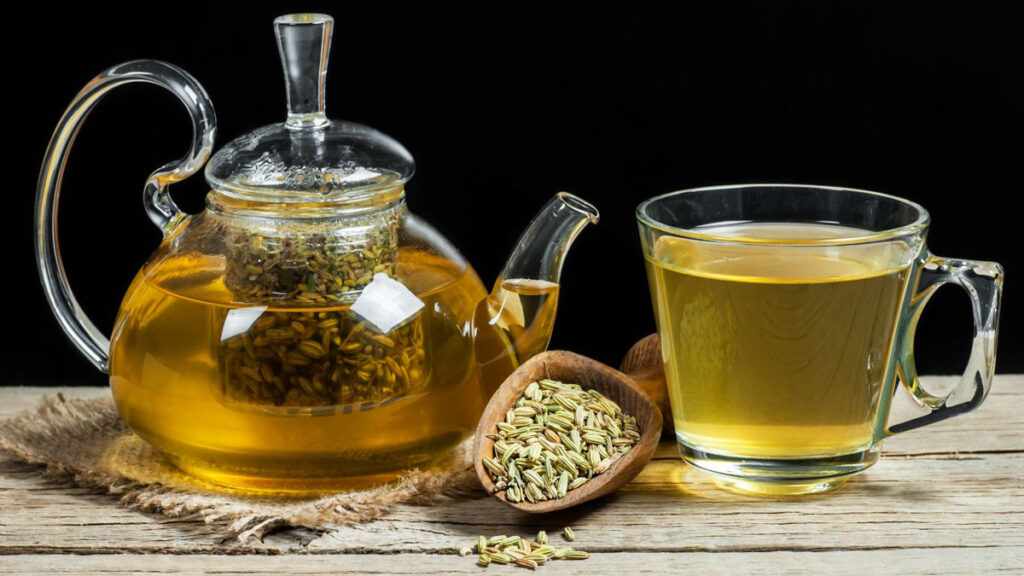
Fennel Tea is a fabulous fine treat for those people who suffer from GERD. This fibre-rich tea is a great choice as it can help smoothen the discomfort caused by GERD or acid reflux.
In addition, it is capable of nurturing the digestive system which makes them less likely to experience GERD flare-ups in the first place.
Fennel also has high anti-inflammatory properties, which can reduce irritation and swelling in the digestive tract.
8. Carrot – Best Foods For GERD
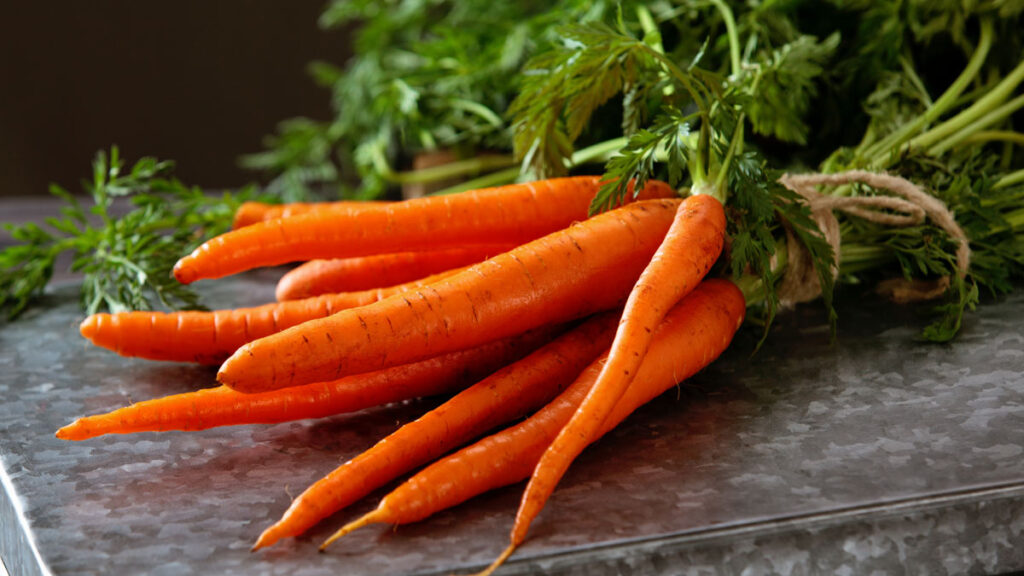
Carrot juice is a great source of natural alkaline components, which help to neutralize excess stomach acid that causes heartburn symptoms. While carrot may not provide full or instantaneous relief for GERD symptoms, it is a safe and nutritious beverage for those on a GERD diet.
9. Broccoli
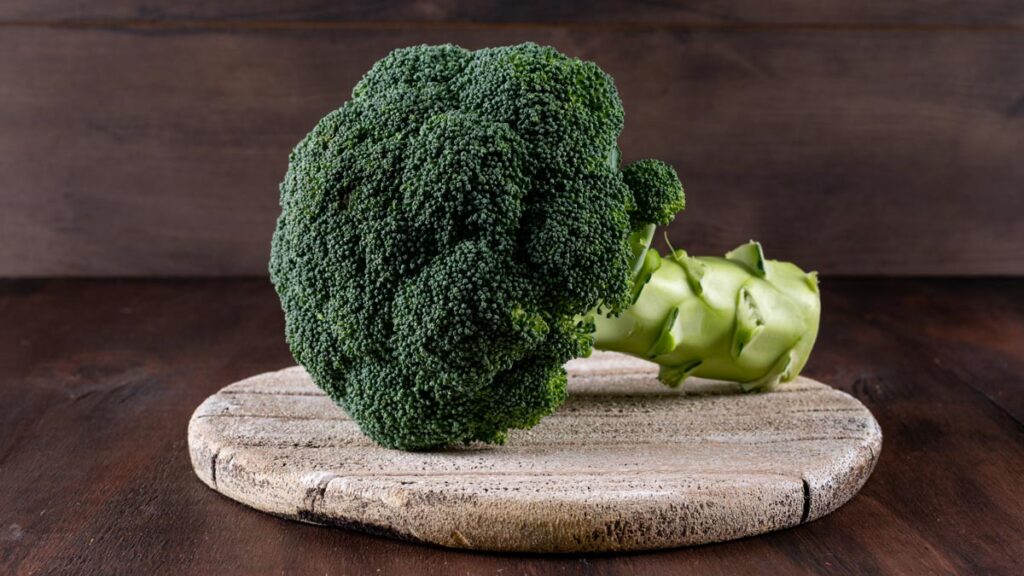
Broccoli is a superfood in terms of easing GERD symptoms. It is a great source of vitamin C and has a high fibre content. It will make you feel full so you’re less likely to overeat, which may contribute to GERD or acid reflux.
10. Ginger
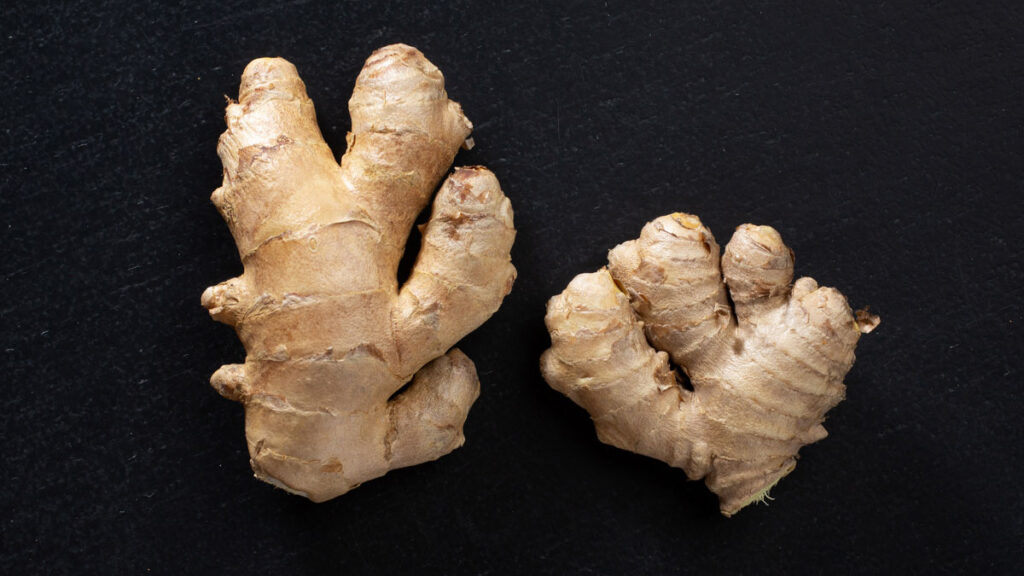
Ginger contains natural anti-inflammatory properties, which make it the Best Foods For GERD acid reflux. Its phenolic compounds are said to relieve gastrointestinal irritation and lessen gastric contractions. This means ginger can reduce the likelihood of acid flowing from your stomach back into your oesophagus.
To be clear, ginger is widely recognized as a natural treatment for GERD and other gastrointestinal problems. You can add it to any of your recipes or smoothies, or drink ginger tea to relieve the symptoms of GERD or acid reflux.
Bottom Line on Best Foods For GERD
Following these acid reflux diets greatly increases your chances of living without the unpleasant symptoms of GERD.
Now, you have your list of foods that can ease GERD and steer clear of too much acid within your stomach. So, it’s time to know what you should be skipping out on.
Of course! There are lots of foods and drinks that may irritate your stomach and encourage the rise of GERD symptoms.
Here are a few things you should be skipping…
- Citrus fruits
- Spicy foods
- Fried foods
- Alcohol
- Pineapple
- Soda and carbonated drinks
- High-fat dairy
- Tomatoes, garlic, and onions
- Chocolate
- Processed foods
In addition to healthy dietary choices, good sleep, low stress, and exercise can also help you cut down on your risks of GERD.
Here are a few things you should follow if you really want relief from GERD or acid reflux:
- Sit up for two to three hours after having your meals.
- Eat smaller meals more frequently as opposed to one large meal.
- Try to avoid foods and drinks that may trigger your condition.
- Quit smoking
- Limit alcohol intake
- Chew more gum
- Elevate the head of your bed.
Note: GERD is treatable through a combination of dietary and lifestyle changes. However, continual symptoms of GERD or heartburn require a thorough evaluation by a certified gastroenterologist to find out the underlying cause.
Read – 10 Best Food for Pregnancy

